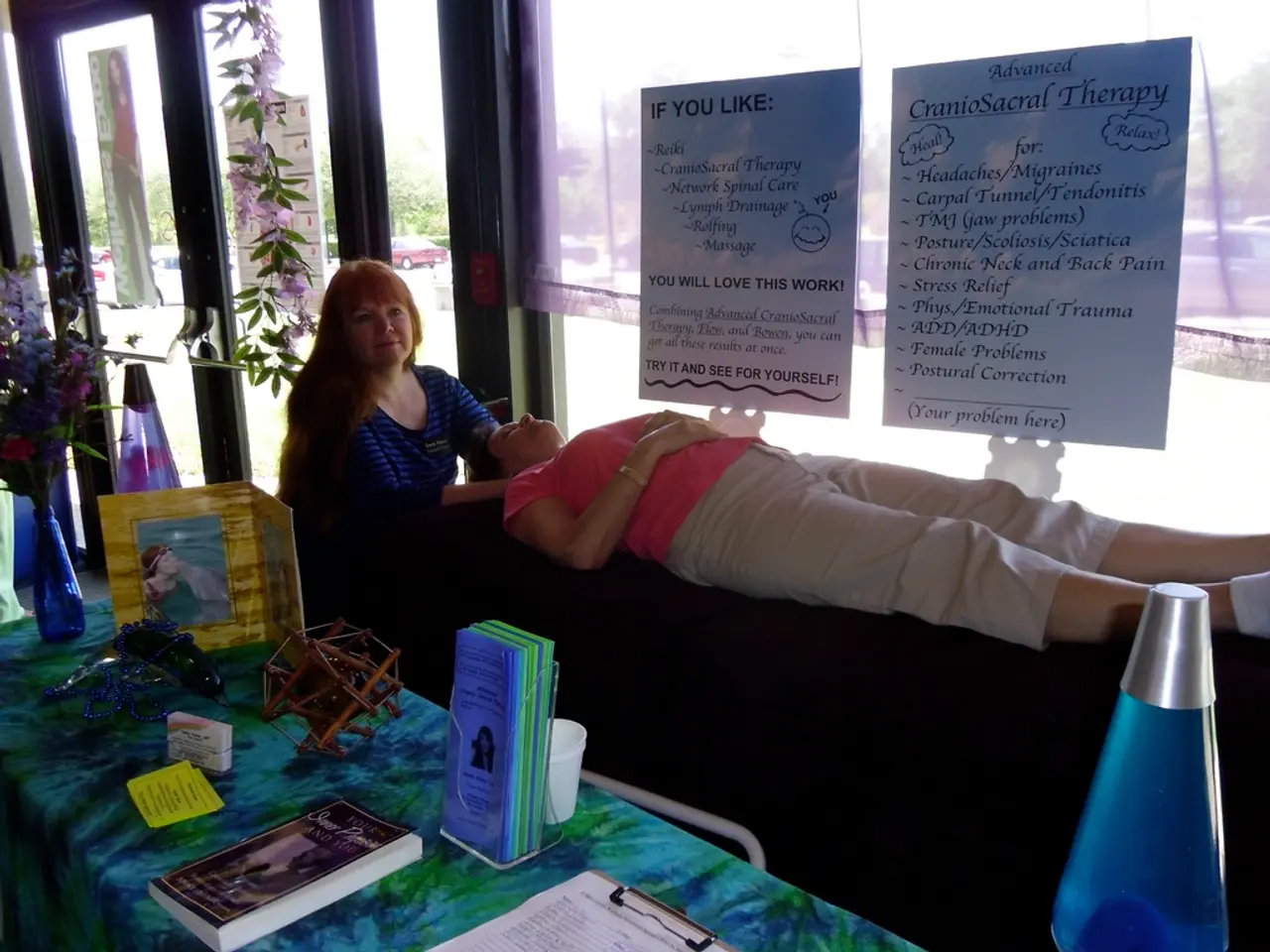Dissecting the Distinctions: Schizophrenia versus Delusional Disorder
Delusional Disorder vs. Schizophrenia: Understanding the Key Differences
Delusional disorder and schizophrenia are two distinct mental health conditions that share some similarities but have key differences in their symptoms, age of onset, and treatment approaches.
Symptoms
Delusional Disorder, primarily characterized by non-bizarre delusions, often presents without the prominent hallucinations, disorganized speech or behavior, or significant cognitive impairment seen in schizophrenia. On the other hand, Schizophrenia involves a broader and more severe range of symptoms, including positive symptoms such as bizarre delusions, hallucinations, disorganized thinking and speech, and disorganized or catatonic behavior. Negative symptoms and cognitive impairments are also common in schizophrenia [1][3][5].
Age of Onset
Schizophrenia most commonly has its onset in late adolescence to early adulthood, typically between the late teens and early 30s, with males often experiencing earlier onset in their early to mid-20s and females often having a slightly later onset in their mid-20s to 30s [2][4]. Delusional disorder, however, tends to have a later onset, frequently in middle to late adulthood, although the exact age range was not detailed in the search results.
Treatment
Treatment for schizophrenia is comprehensive, typically involving antipsychotic medications to manage positive symptoms, along with psychotherapy and social and occupational therapies to address negative symptoms and functional impairments [4]. Delusional disorder treatment focuses primarily on antipsychotic medications to reduce delusions, but because patients often have less severe functional impairment, the role of psychotherapy may differ and often involves addressing insight and social functioning [4].
In summary, Schizophrenia presents with a wider range of more severe psychotic and cognitive symptoms beginning typically in early adulthood, requiring broad multi-modal treatment, while Delusional disorder features more circumscribed and plausible delusions, usually with a later onset, and treatment focuses more narrowly on managing these delusions [1][3][4][5].
Both conditions can have significant impacts on a person's life, but with appropriate treatment, people with either condition can lead fulfilling lives. It is essential to seek help from healthcare and mental health professionals for a proper diagnosis and treatment plan.
[1] American Psychiatric Association. (2013). Diagnostic and Statistical Manual of Mental Disorders (5th ed.). Arlington, VA: American Psychiatric Publishing. [2] Kessler, R. C., Berglund, P., Demler, O., Jin, R., Merikangas, K. R., & Walters, E. E. (2005). Lifetime prevalence and age-of-onset distributions of DSM-IV disorders in the National Comorbidity Survey Replication. Archives of General Psychiatry, 62(6), 593-602. [3] National Institute of Mental Health. (2016). Schizophrenia. Retrieved from https://www.nimh.nih.gov/health/topics/schizophrenia/index.shtml [4] National Institute of Mental Health. (2016). Delusional Disorder. Retrieved from https://www.nimh.nih.gov/health/topics/delusional-disorder/index.shtml [5] American Psychological Association. (2013). Diagnostic and Statistical Manual of Mental Disorders (5th ed.). Washington, DC: American Psychological Association.
- In the realm of psychiatry and mental health, delusional disorder and schizophrenia are two distinct conditions with key differences, primarily in their symptoms and age of onset.
- Schizophrenia, usually appearing in late adolescence to early adulthood, exhibits a wider range of more severe psychotic and cognitive symptoms, while delusional disorder features more circumscribed delusions and often has a later onset, usually in middle to late adulthood.
- The science of psychology and mentalhealth plays a crucial role in understanding and treating these conditions, with approaches ranging from antipsychotic medications to psychotherapy and social and occupational therapies.
- Proper diagnosis and treatment from healthcare and mental health professionals are vital for people living with either condition, as they can lead fulfilling lives with the right care and support in the health-and-wellness sector.




